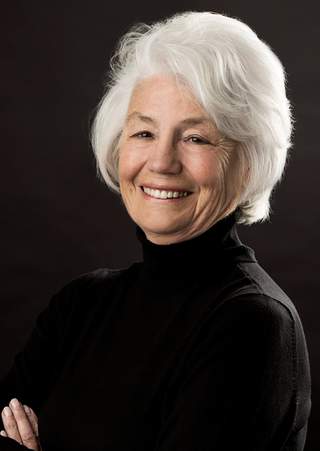The Canberra Times
By Lesley Russell
The United States has been reeling from the Arizona shootings last weekend, and the impact has really reverberated in Washington DC. The shooting of Representative Gabrielle Giffords is the first such attack on a member of Congress since Representative Leo Ryan was killed in Jonestown in 1978.
Congressional offices now realise that the increasing number of threats they have been receiving must be taken seriously, and puzzle how to juggle safety with access to constituents. An unfavourable spotlight has recently been cast on Arizona's political culture. The state has found itself increasingly on the defensive against claims that it is a hothouse of hateful language and violent proclivities. Clarence Dupnik, sheriff of Pima County, said at a news conference that his state is ''the mecca for prejudice and bigotry.'' Efforts to clamp down on illegal immigrants and accusations of 'death panels' as poor people are denied Medicaid funding don't help. Arizona certainly has some of the weakest gun laws in the nation, including a law that allows people to carry a concealed weapon without a permit.
Gabrielle Giffords represents a very unexpected target in many ways. She supports the right to carry guns, although she has only a D rating on this issue from the Gun Owners of America and the National Rifle Association. As befits a Democrat who has been elected three times to represent a district that is nominally Republican, her positions on the issues are interesting. Strong on border control and the right not to wear motorcycle helmets, but also strong on health-care reform, pro-choice and supportive of stem cell research, solar power, and immigration reform. She has been hailed as smart and
personable, a good politician who represented her district well. She was an honorary co-chair of Third Way, a group which calls for Republicans and Democrats to back off their partisan impulses and angry tone. But these days that's no protection against what happened to her and the other victims of the Tucson shooting.
The blame game is well underway in the media and there is much worse on the internet. Arguably it is the internet's ability to feed extremism without any public censorship that makes today's debates so poisonous. The extremists fire off hateful language like bullets. Paul Krugman wrote in the New York Times: ''It's hard to imagine a Democratic member of Congress urging constituents to be 'armed and dangerous' without being ostracised; but Representative Michele Bachmann, who did just that, is a rising star in the GOP.'' Last year Sharron Angle in Nevada several times floated the idea of ''Second Amendment remedies'' to deal not just with the supposedly ever- growing ''tyrannical'' United States government, but to replace her election opponent Senate Leader Harry Reid.
What really drove Jarod Lee Loughner to commit his massacre is currently unknown, but it probably owes as much to the state of mental health-care services as it does to extremist rhetoric. Threats against members of Congress, especially those who supported health-care reform, were up by 300per cent in the second half of 2010. Congresswoman Giffords knew she was a target of Tea Party activists. When health-care reform passed in March, she was one of 10 Democrats who reported deaths threats, incidents of harassment and vandalism at their district offices.
A number of the people making those threats have a history of mental illness, but there is something about the current state of America that causes far more disturbed people to act out their illness and their alienation by threatening or actually engaging in political violence. As former president Bill Clinton noted, with reference to the Oklahoma City bombings, ''The words we use really do matter. There's this vast echo chamber, and they go across space and they fall on the serious and the delirious alike.'' ''We can't let the debate veer so far into hatred that we lose focus of our common humanity,'' President Clinton said. ''It's really important. We can't ever fudge the fact that there's a basic line dividing criticism from violence or its advocacy, and that the closer you get to the line and the more responsibility you have, you have to think about the echo chamber in which your words resonate.''
For the moment at least, there is greater civility on Capitol Hill and temporarily, the strident rhetoric is muted. It's not clear if this will last and for how long. The House GOP leadership has temporarily pulled the vote on the repeal of health-care reform, but there is no political will to tackle gun control. Despite America's dismal history, the Columbine High School massacre and the shootings at Virginia Tech and Fort Hood, public support for gun control has steadily fallen over the past decade.
Dr Lesley Russell is a Senior Fellow at the Center for American Progress in Washington DC. She is a Research Associate at both the Menzies Centre for Health Policy and the US Studies Centre at the University of Sydney.





